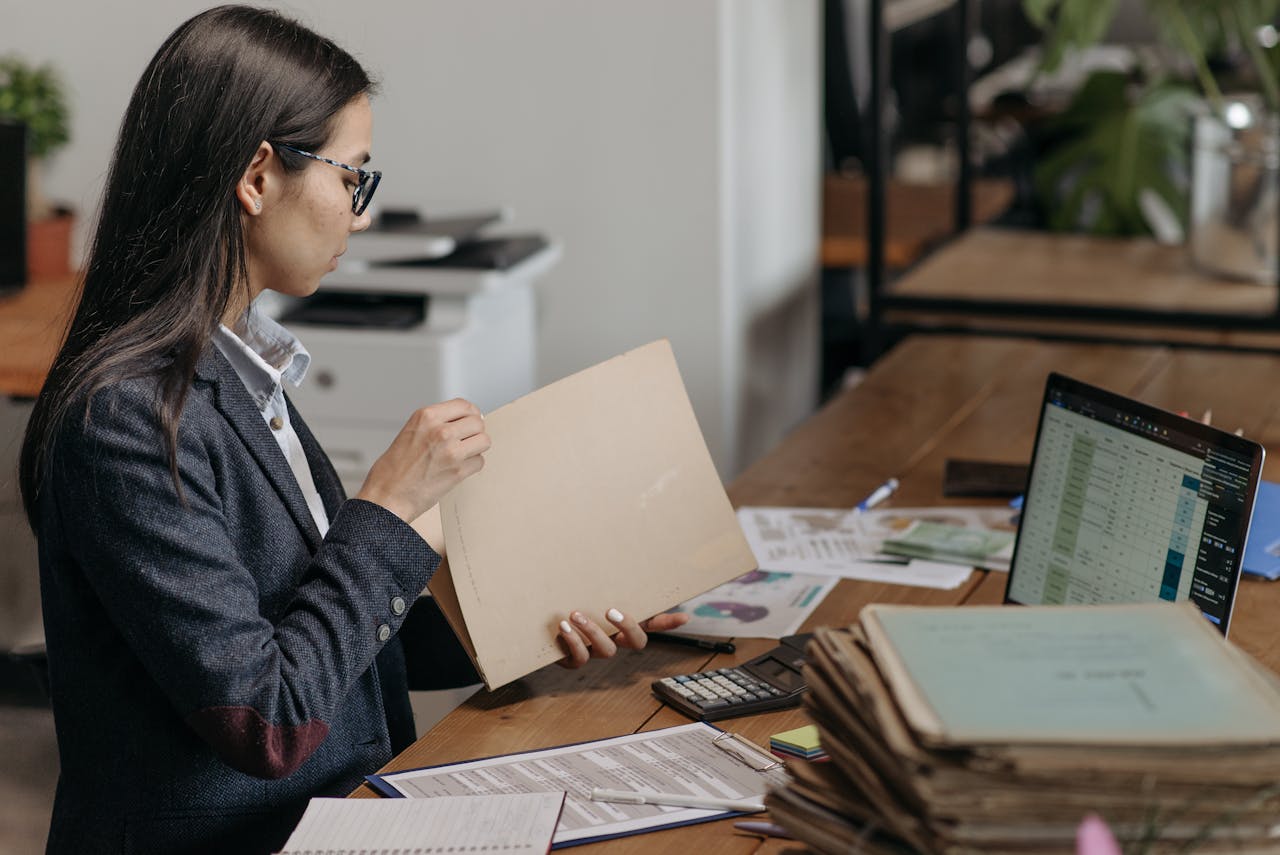
How to Break Down the Cost of an Investment Property
If chosen wisely, an investment property can provide a healthy financial return. Generally, investing in property is one of the most low-risk investments available, and is easier to understand for the first-time investor.
However, it can also be an expensive asset to acquire and maintain. There are both upfront and ongoing costs to consider when investing in property. Buying, managing, and selling an investment property can be expensive and will affect your overall return if you aren’t prepared for these costs.
Property Investment Costs
Deposit: A deposit is the money you submit during the offer process to secure a property you wish to purchase. It shows the seller that you are serious about the property and demonstrates you have the financial ability to purchase it. The deposit needed to buy a home is 10% of the asking price. So, for a $400,000 property, this would be between $20,000 to $40,000. However, if you borrow in excess of 80% of the property value, you will be required to pay mortgage insurance.
Legal and conveyancing fees: These costs cover the legal transfer of ownership and are usually conducted by a solicitor or conveyancer. The cost of legal fees can range from between $600-$800. Generally, solicitors charge a higher fee of up to $2,500.
Valuation fees: A valuation is a basic inspection of your property, and the valuation fee is a fee charged by your mortgage lender for commissioning this inspection. Prices of valuations will depend on how much detail is required, but on average they are within the range of around $300-$600 in high-density areas and up to $1,000 in rural areas.
Pest and building inspections: A pest and building inspection are strongly advised when looking at securing an investment property. These inspections will provide information on the structural integrity of the property and inform you of any pest infestations or problems that may require costly repairs later down the track. This will usually set you back at around $350-$700.
Stamp duty: Stamp duty is a tax charged by the state and territory governments on the purchase value of your home. These costs differ from state to state and depend on the purchase price of the property. What you pay will also depend on where you live and what type of dwelling you are purchasing. Word of caution; stamp duty for investment properties is usually higher than a principal home. For a $300,000 property in NSW, the stamp duty will be $8,972 according to the Aussie Home Loans Stamp Duty Calculator.
Property Ongoing Costs
Property maintenance: When you own an investment property, you’ll be responsible for the ongoing maintenance of the property. This includes repair costs, garden maintenance, costs of renovations and redecorating (painting, plumbing, guttering, etc.) Everyday repair costs on a rental house cost an average of $2,661 per year. In fact, one of the single biggest costs that property investors face is maintenance and repairs.
Property management: If you opt for an expert to manage your property, their fees need to be considered. What you will pay in property management fees will vary depending on the state you live in, but you can expect to pay between 5% and 12% of your weekly rent.
Insurance: Building and landlord insurance is an ongoing fee but one that will protect you from unforeseen issues like building repairs, damage caused by natural disasters (flooding or fires), and also common tenant problems (for example, a tenant refusing to pay rent or causing damage to the property). In recent years, the average cost of home insurance was $822 a year.
Council and water rates: In most cases, council rates and government taxes will be the responsibility of the landlord. This can be up to $1,000 per year.
Land tax: Land tax is the annual tax levied on the owners of the land. This tax may be exempt in most cases, but if you’re purchasing a property as an investment you will be liable. So, it is wise to carefully consider your block of land. The cost of the land tax is determined by your governing state or territory. It’s wise to contact your relevant state authority for more information.
Body corporate fees: If applicable, your property resides on a shared block (e.g. is a townhouse, unit, or flat) you are likely to incur body corporate fees. These fees cover the maintenance of common areas as well as building insurance. It can be as low as $30 a week or as high as $600 a week depending on the property’s location and condition.
Interest payments: Many people use interest-only loans to fund an investment property. If this applies, you will have to repay your lender at some point. For a quote on how much you will need to pay, use an interest-only mortgage calculator or a rental property calculator.
Summing up
Investment properties cost a significant amount of money to keep and maintain. These fees will often fluctuate over the life of the property, so you should always be prepared and research any associated costs.
You may think the hard work is done once you’ve put in the deposit, but ongoing costs and recurring fees can make the difference in whether your investment will be fruitful or not. Keeping on top of these costs and factoring them into your budget can reduce your chances of making a poor investment.
Trending
-
1 Building a Strong Financial Foundation: Saving, Investing, and Retirement Planning
Daniel Hall -
2 Franchise Investment Pitfalls to Avoid: A Beginner's Checklist
Daniel Hall -
3 Why Selling to an iBuyer Could Be the Best Move for Your Home
Daniel Hall -
4 Financial Tips for Businesses: Reducing Expenses Without Sacrificing Quality
Daniel Hall -
5 9 Tips to Help You Secure a Graduate Job in Finance
Daniel Hall





Comments